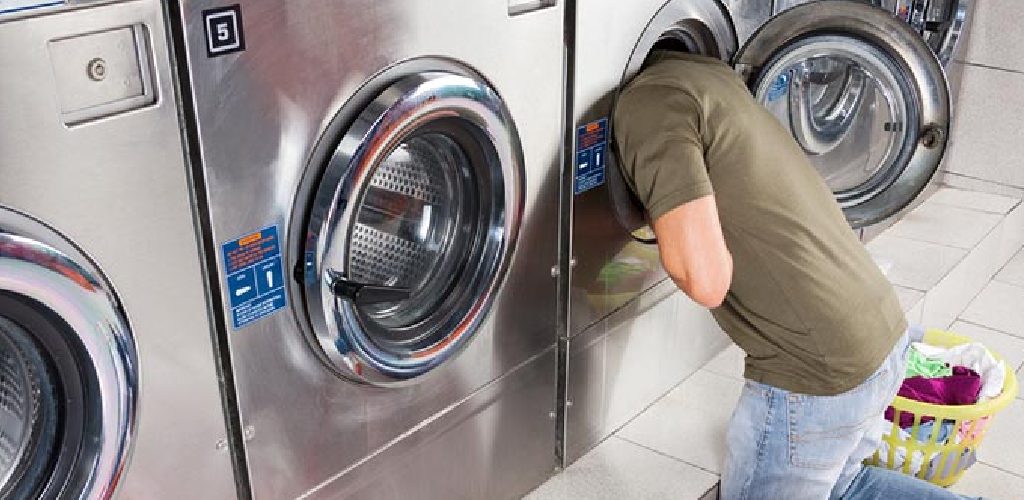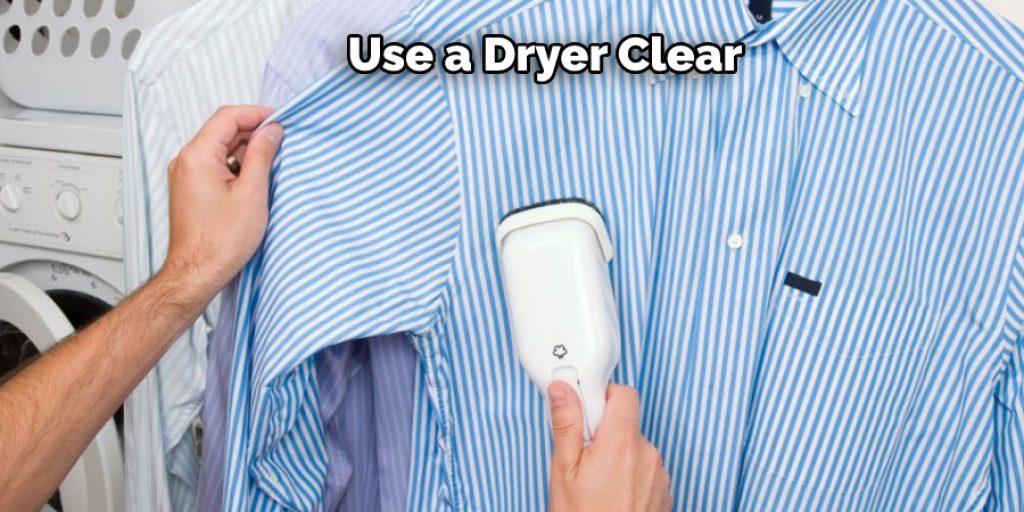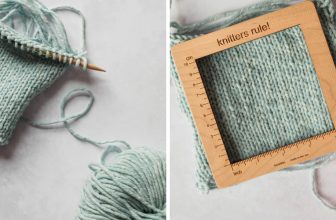Why Does My Dryer Take So Long to Dry
Introduction
When most people think about their dryer, they rarely give it a second thought. Instead, they open the door, and clothes tumble out. The process may take just a few minutes or longer, depending on what is inside the laundry basket. It doesn’t matter to them how long the cycle takes because many of these people don’t have a lot of clothing to do at once.

Although some families might be able to get away with only having one load going at once, most Americans wash or dry several loads each week, so they want everything to get done quickly. This article will discuss “why my dryer takes so long to dry.” So let us get started.
Why Does My Dryer Take So Long to Dry?
- The air inside your home can become very moist when it’s humid and cold outside, which can lengthen the time it takes for your clothes to dry.
- Excessive moisture in the load can prevent proper convective airflow, created by heated air rising into the drum and out of the dryer via a vent at the top of the appliance. It could cause wet clothes to rewet as they tumble or sit in the tumbler. In addition, air movement causes moisture to evaporate from items. If the airflow is compromised, damp clothing may not be able to dry completely before being deposited in your laundry room.
- Suppose you have thin or lightweight items requiring less drying time than other laundry items. In that case, using just part of a load for those items will not permit adequate heating and tumbling action while taking up valuable space inside the drum with more bulky loads that take longer to dry. In addition, this excessive movement causes more heat loss from your appliance.
- Use only enough laundry to fill the dryer drum: Even with a high-efficiency dryer, it is better not to overload it. Overloading causes items at the bottom of the load – possibly those you selected for drying longest – could dampen as they’re being dried. In addition, excess heat can escape from the dryer and into your home, wasting energy.
- Dirty or clogged lint filter screens in your dryers should never be bypassed. This allows fibers to pass through an unscreened opening and into the system, causing a blockage which will cause poor airflow, reducing your clothes dryer’s capability to produce heated air, creating excessive wear on moving parts inside of the appliance leading to potential breakdowns plus. This reduces energy efficiency by causing excess heat loss ).
- Unbalanced loads where two heavy items are placed on opposite sides will cause an unbalanced load that could make your dryer vibrate more than normal, which will reduce its life span plus; this will also increase the noise level coming from the dryer.
- Excessive loads can cause excessive drying time. They will reduce energy efficiency since more heat will be needed to remove moisture from the load, plus it takes longer for a full-sized load, like a large comforter or heavy blanket, to dry than smaller items like socks or shirts.
Continue reading to know more about why my dryer takes so long to dry-
Step-wise Guide on Why Does My Dryer Take So Long to Dry
Step 1: Check the Venting System

If anything is blocking the dryer vent or is not installed correctly, air will be prevented from moving through, and drying clothes will take longer than usual. Make sure to unblock any obstructions in your venting system or have a professional look at it and fix any problems with it.
When you can’t see your venting pipe directly from above because of an obstruction such as a wall or ceiling, use a cleaning rod (the kind used for dryer vents) inserted through the pipe to push out blockages. If you can’t easily pull the metal rod back out once you’ve pushed it through, leave it where it is; this means that your vent is clear.
If you are lucky with the venting pipe exposed and open to see, make sure that all dryer vents have clear pathways from your dryers back to the outside. Blockages can occur anywhere along this pathway, so check it carefully.
Step 2: Check Your Dryer for Other Problems
Now that you’ve checked your venting system unplug your clothes dryer and look inside it for other problems or blockages that could affect how fast it can get clothes scorched.
Ensure that there is nothing in any of the lint traps – both on the inside and outside of the machine – since these will slow down airflow into and out of the appliance and prevent clothes from being heated evenly.
If your dryer is older, you might want to ensure that the heating coils are not clogged with lint and prevent airflow; this will also slow down drying time. Also, be careful when removing or cleaning the coils, so you don’t accidentally break them.
If you end up breaking one before you have a chance to clean it, then carefully replace it, so there aren’t any gaps in the coil pattern. Otherwise, clothes won’t be properly dried, and air will blow around instead of through the coil, making the process take longer than usual and costing more energy to heat.

Step 3: Clean Your Dryer’s Exterior
Next, you’ll want to look at your dryer’s exterior. Unplug it again, remove the lint filter, and vacuum the lint from around it. Dryer lint is highly flammable and can start a fire if it builds up. Be careful when removing the filters and cleaning them to ensure that you don’t accidentally start a fire or suffer severe burns.

If your dryer has heating coils on its side, you’ll also want to clean them since they can collect large amounts of lint, reducing their efficiency and lengthening drying time (if left uncleaned).
Lastly, open your dryer’s door, and take a look inside at any obstructions blocking airflow into the machine, such as socks or blankets caught in the tumbler. Tumbling clothes helps dry them, so anything that keeps them from moving around will also keep your machine from drying properly.
You Can Check It Out To Clean Dryer Vent With Air Compressor
Conclusion
I hope this article has efficiently provided all the relevant information on “why does my dryer take so long to dry.” Thank you, and have a nice day!




